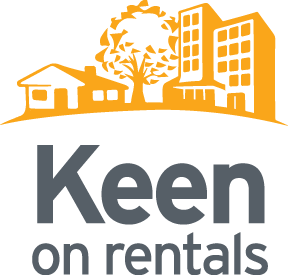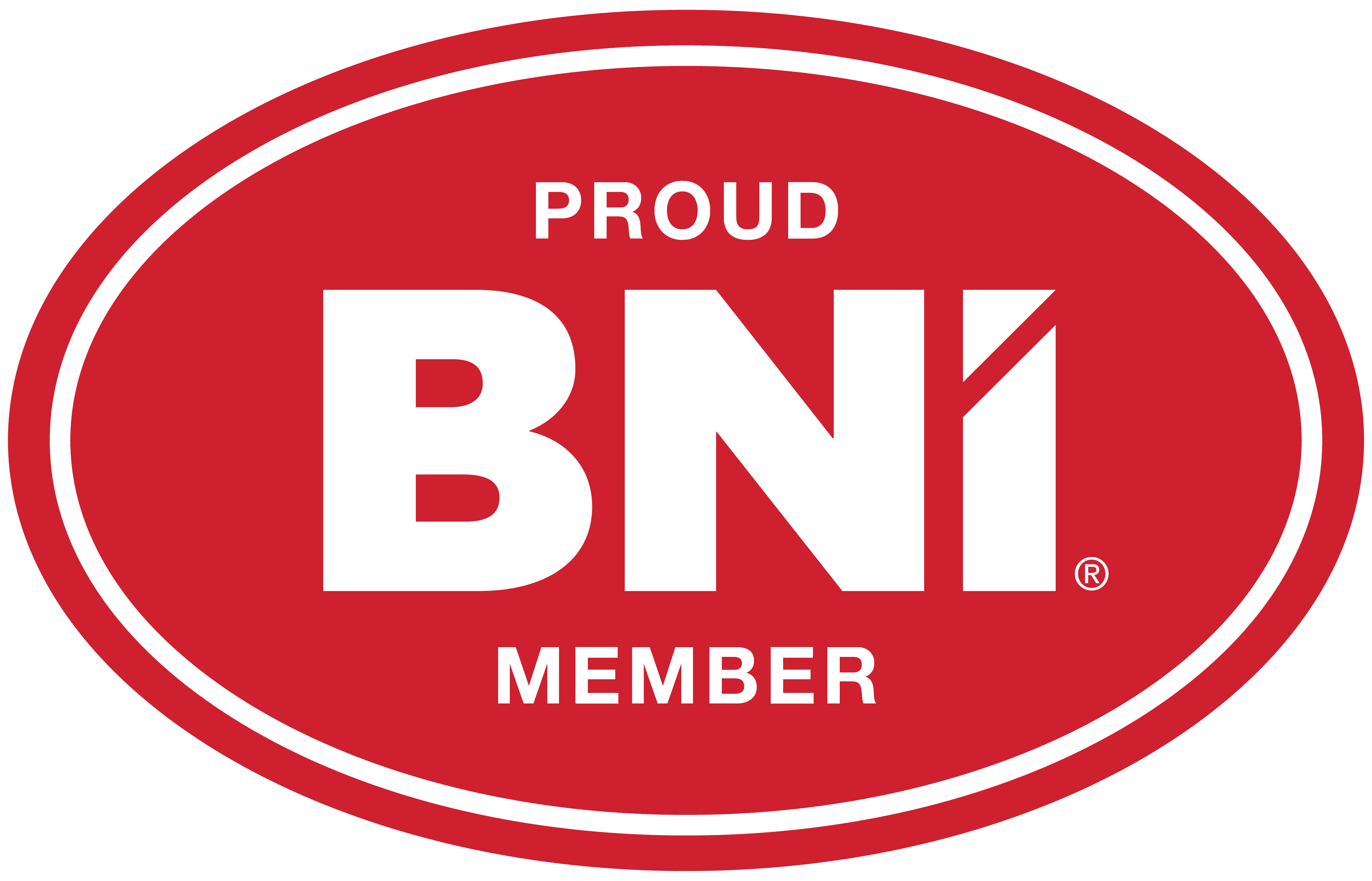Below you’ll find a list of our most frequently asked questions
If you have a different question or would like to speak to a member of the Keen on Rentals team, please get in touch with us.
How do you find good tenants?
What are your property management fees?
What makes Keen on Rentals unique in the Auckland property management market is our all-inclusive fee structure. We charge a percentage of the monthly rent – and that’s all we charge – for all of the services we offer. There are no extras and no surprises.
What additional charges are there?
Quite simply, there are none. Other property management companies may charge additional fees for marketing, photography, new tenancy agreements, etc. Keen on Rentals does not charge extra for these. It is all covered by the all-inclusive monthly fee, so you know exactly how much you’re paying.
How often do you do a property inspection?
What is involved in a property inspection?
Who is responsible for insurance on a rental property?
Can you help with insurance claims for damage?
What are the Healthy Homes Standards and who is responsible for them?
The Healthy Homes Standards are part of the Residential Tenancies Act, and they became law on 1 July 2019. These new legal requirements introduced minimum standards for heating, insulation, ventilation, moisture ingress and drainage, and draught stopping in rental properties.
Landlords are responsible for ensuring their properties meet the standards and continue to do so over time. An important part of our property inspections, both before and during a tenancy, is ensuring that all rental properties that we manage adhere to the Healthy Homes Standards.
Do you do free rental appraisals?
When you see a company advertising a free rental appraisal, it is usually conducted virtually/remotely. That is, you are asked for the address of the property and a few other details. Based on that information, an estimate is provided of what rent you can expect to receive for your property. Unfortunately, this is not an accurate way to assess what rent can be charged.
There are several factors that affect how much rent you can charge for a property. These include things like the perceived safety of the neighbourhood, reputation of nearby schools, houses of similar size. These are things that you can only factor in by seeing a property in person. Therefore, at Keen on Rentals, we only provide a rental appraisal after visiting a property in person. Our fee for this service is
What is my property worth and how much rent can I charge?
As outlined above, Keen on Rentals provides rental appraisals after visiting you on-site at your rental property. If this is something you are interested in, please get in touch with us to book a rental appraisal.
To begin with, you may want to do some online research and look at similar properties on our Properties for Rent page.
What is the best way to get a property ready for rent?
Please download our “Getting Ready to Rent” checklist here.
Am I allowed to have an electric bike or scooter (e-bike, e-scooter) in an apartment?
Because electric vehicles (including e-bikes and e-scooters) use lithium-ion (rechargeable) batteries for power, they need to be stored where there is adequate ventilation. When improperly charged, used or stored, they can be a fire risk.
Many apartments and other rental properties, therefore, will have clear rules around where you can/cannot charge, use and/or store an e-bike or e-scooter. It is a legal requirement for both the landlord and tenant to adhere to the stated rules around this for the property involved.
What is the safest way to store and charge devices that use lithium-ion batteries?
As stated above, properties will have strict rules around the charging, storage and use of vehicles with lithium-ion batteries because of the fire risk they may pose. It’s important to note that lithium-ion batteries are also used in many other rechargeable devices such as vapes, laptops, mobile phones, power banks and rechargeable power tools.
Fire and Emergency New Zealand provides a list of helpful recommendations:
- e-bikes and e-scooters should be stored and charged outside or in a garage, shed or carport, away from living spaces
- smaller devices, such as vapes, phones, and laptops, should not be charged under a pillow, on the bed or on a couch, as they can overheat and cause a fire
- do not overcharge your batteries; when your item is fully charged, disconnect it from the charger
- always store lithium-ion battery devices in cool, dry spaces, out of direct sunlight.
Talk to Us – We’re Here to Help!
Let us know how we can help you with your rental or investment property. Please fill in the form and we’ll be in touch.

Property Matchmakers
Offices
Level 7/2 Kitchener Street
City Centre
Auckland 1010


